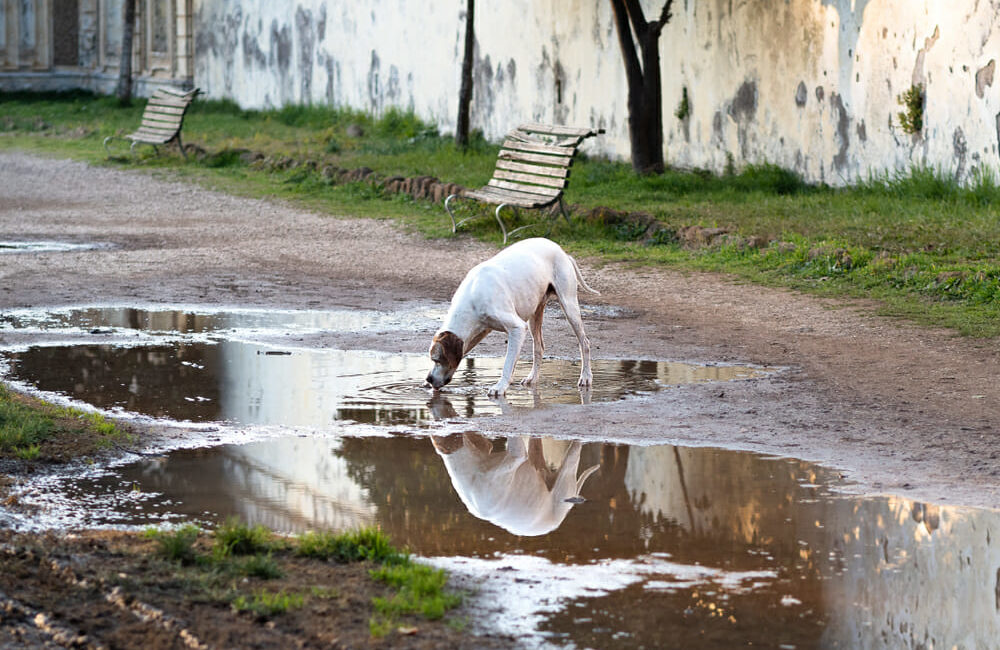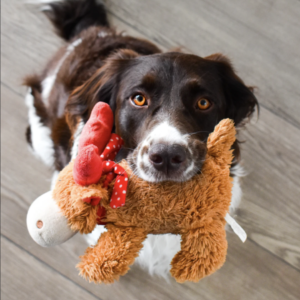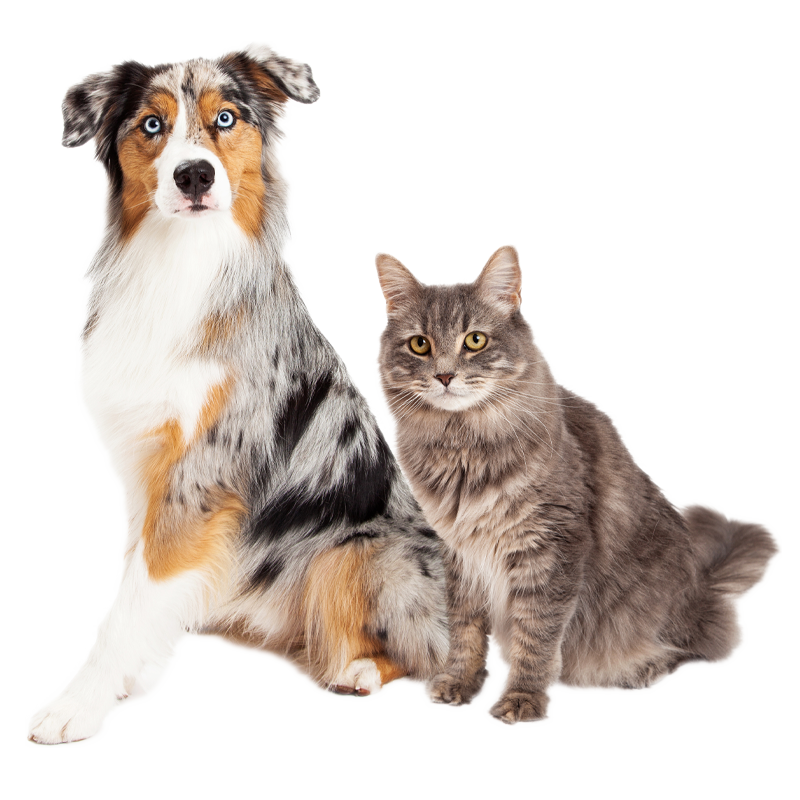Leptospirosis is an infectious disease caused by leptospira bacteria. Leptospirosis is most commonly seen in the warmer months as it is spread through water sources contaminated by the urine of an infected animal such as raccoons, rats, deer, or our pets. Bodies of water that is stagnant or slow-moving can be contaminated by the leptospira bacteria. These include puddles, lakes, streams, water bowls left outside, and even moist soil. The most common way our pets become infected is by drinking out of these bodies of water but can also be exposed by licking contaminated water off of their paws, or through open wounds and mucous membranes.
Leptospirosis is a zoonotic disease, which means it can be transmitted among species; this includes our wildlife, cats, dogs and even humans. While our feline friends can become infected with the leptospira bacteria, they are only carriers and do not show symptoms of the disease while still spreading the bacteria. Dogs can also become infected and not show any symptoms if they are only exposed to small amounts of the bacteria; they will also become carriers of the disease. Dogs exposed to large amounts of the leptospira bacteria will try to filter it out through the kidneys, causing kidney damage, and if left untreated can damage the liver as well. Signs to look out for include:
- Vomiting
- Anorexia
- Lethargy
- Fever
- Stiffness/soreness of the joints
- Excessive drinking and urinating
- Jaundice (yellowing of the skin and mucous membranes)
The most effective way of testing your pet for leptospirosis is by heading to your veterinarian and having a urine sample as well as a blood serum sample collected. The samples will then be sent to an outside laboratory where the samples will be tested for the level of leptospira antibodies in your pet’s system. There are also tests that can be run in the house but are generally less accurate.
Risk of infection can be minimized by keeping pets away from stagnant bodies of water and also by wiping them dry after coming in from the outdoors, but the best way to protect your pets from leptospirosis is to vaccinate against it. All of the diagnosed cases of leptospirosis here at 4Paws had not been vaccinated against the disease before exposure. There is a canine vaccine available, which is highly effective and can be given at any veterinary clinic. The first time vaccinating against leptospirosis the vaccine is given twice, (an initial dose, and a booster 2-4 weeks later) and then after that can be given yearly at your annual checkup for continued protection.
Call us today to book an appointment or if you have any questions.
Written by: Caitlin Coolen-Jewers, VA




